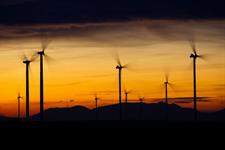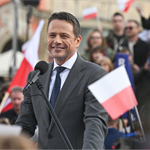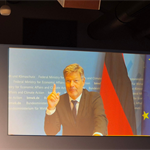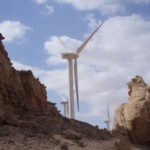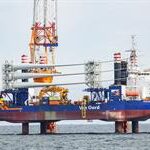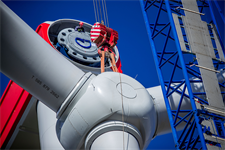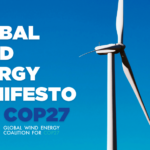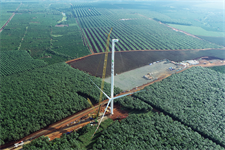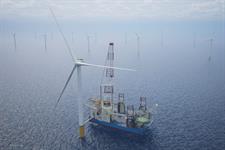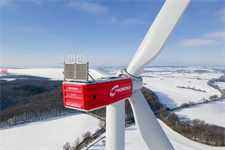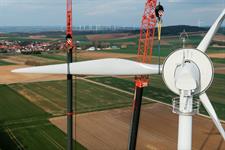Wind industry calls for action ahead of German election
Energy Disrupter

European and national wind industry groups have called for the next German government to make wind a top priority again after the federal election next month and address project permitting and repowering challenges.
Germany is set to elect a new parliament on 26 September, coinciding with the end of Angela Merkel’s 16-year tenure as chancellor.
Ahead of the election, WindEurope, German wind energy association BWE and engineering trade association VDMA Power Systems have called on the next government to implement changes to revive and accelerate Germany’s stuttering onshore wind sector.
The government must tackle complex and lengthy permitting procedures that have led to an inadequate supply of projects eligible to compete at auction and present a repowering strategy for wind farms as many come to the end of their operational life, they said.
The groups also called on the government to optimise zoning plans, remove obstacles such as the “10H” distance rule in Bavaria — which demands that the distance between turbines and nearest houses is set at ten times the turbine’s tip height — and to present a revised calculation of Germany’s electricity demand.
Permitting and repowering
Complex approval procedures, red tape and delays in awarding permits means a lack of consented projects has repeatedly led to German tenders being undersubscribed. Moreover, 4GW of German onshore wind capacity became ineligible for support under the original renewable energy law, known as EEG, from 1 January 2021, and around 16GW of capacity is due to exit the support scheme by 2025.
Without reforms to address these issues, Germany will not meet its own onshore wind target of 71GW by 2030 or the 95GW envisaged in a draft law earlier this year.
Unless changes are made, Germany will also not be playing its part in helping to meet EU targets, the groups warned. The EU aims for a 55% reduction in 1990 levels of greenhouse gas emissions by 2030, up from the 40% reduction previously targeted. It also aims for renewable energy to account for 40% of electricity, up from 32% as previously targeted.
The groups are less worried about offshore wind, following the publication of the second draft of a spatial planning blueprint earlier this year.
However, they also called for Germany to be active at EU level to help the expansion of wind power. The wind groups urged the new chancellor to actively support the EU Commission’s “Fit for 55” package in upcoming negotiations in the EU Council of Ministers.

